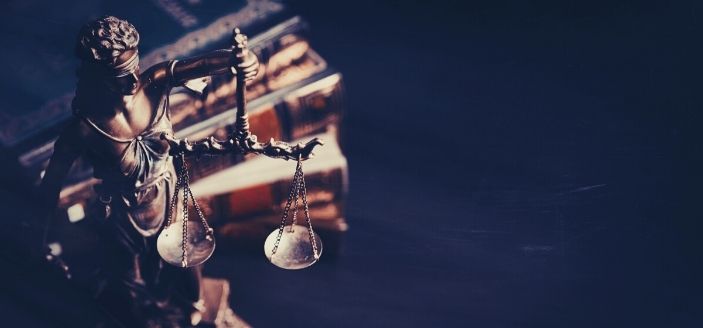21 Feb The license cannot be inherited

The license cannot be inherited
by George Coucounis
“The license expires and is terminated upon the death of the licensee”
THE license to use a property creates a right to the licensee only to use it and it does not grant him its exclusive possession. This right is personal and is found mainly in agreements which the Republic or the local authorities conclude with persons for the use of the property as a residence or business premises. The terms of the license define the purpose of the use of the property and include prohibitions, such as the licensee not allowing its use for any other purpose without the prior permission of the owner and not assigning, subletting or granting its use to any other person. Upon expiration of the license, the licensee is obliged to return the property to the owner with all the improvements made and the buildings that have been erected on it, without the owner being obliged to compensate the licensee for their value. The license explicitly states that the licensee acknowledges that the owner’s action to allow the licensee and his family members to live or work in the property in no way creates an owner-tenant relationship or any right of possession or compensation.
Primarily in the case of a residence, no consideration is paid, since the purpose of granting the license is social. The legal relationship created does not constitute tenancy and the license is revocable and is terminated upon the death of the licensee. The Republic or the local authorities may face the refusal of members of the licensee’s family to leave the property claiming that they have a right to possess it. It is up to the Authorities to grant a new license to any of the licensee’s family members. Any refusal of the Authorities to approve their application on the grounds that the relevant criteria are not met, entitles the applicant to apply to the Administrative Court to review the correctness of the decision, since the refusal to grant the license falls within the scope of public law.
The Supreme Court in a unanimous judgement issued on 15.2.2022 examined the claim of a member of a licensee’s family after his death, disputing the correctness of the judgment of the Court of first instance. The Republic, being the owner of a house, obtained an order of the Court against the member ordering him to cease his illegal detention of the house, stop trespassing and deliver its possession to the Republic. The member of the licensee’s family argued that the Republic’s decision to take measures for his eviction without first revoking the license was illegal and violated his right to the peaceful enjoyment of the house. The Republic’s position was that he did not have any right to the house and the right of license granted to the licensee ceased to exist upon his death.
The basic argument of the appellant member of the licensee’s family that based on the license he was also its beneficiary was not accepted either by the Court of first instance or on appeal. The Supreme Court held that this argument was not supported from the very content of the license, which as an agreement was personal and existed between the Republic and the appellant’s father. The right of the other members of the family to live in the house, who were named, did not create to them such an independent right, since them living in the house depended on the beneficiary. It is also emphasized that the Court of first instance correctly observed that with the death of the licensee, it was up to the Republic, through the competent authorities, to grant or not a license to another member of the family. The appellant had applied to the competent authorities for the license to be transferred in his name, but his application had been rejected.
As to the other argument of the appellant that no notice was sent for the revocation of the license, the Supreme Court upheld the first instance judgment that the license ceased with the death of the licensee. Consequently, since the appellant never became the licensee of the house, the Republic had no obligation to revoke any license. It was clear from the content of the license that it was not transferable to any other person. The Supreme Court concluded that the Court of first instance correctly decided that the Republic had proven the appellant’s trespass to the house and dismissed his appeal.